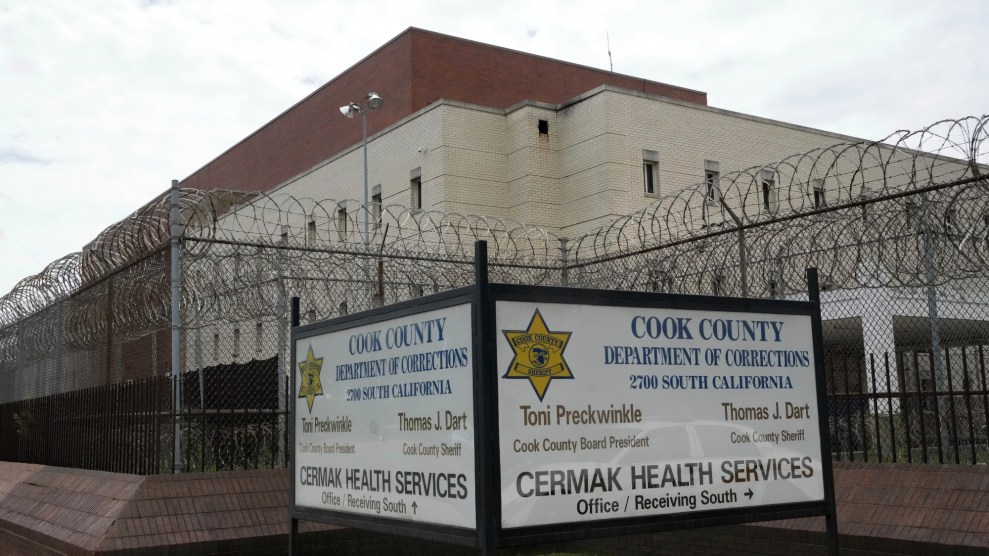Jamie and Gladys Scott walked out of prison today into the free world. As reported here in March of last year, the sisters were convicted, on dubious grounds, of an $11 armed robbery, and sentenced to life in prison. Both sisters lost 17 years of their lives behind bars before Mississippi Governor Haley Barbour suspended the remainder of their draconian sentences; Jamie also forfeited her health, and is now suffering from end-stage renal disease. Yet the sisters’ “debt to society” is still far from paid.
First and foremost, the conditions of their release stipulate that Gladys Scott must give Jamie Scott a kidney. From the very beginning of this medical scandal, in which Jamie’s health was further compromised by inadequate prison health care, Gladys offered her kidney for transplant to her sister. For the governor to mandate this donation is both unprecedented and unconscionable. As others have pointed out, releasing Jamie Scott before she has this costly life-saving surgery could also stand to save the state a considerable amount of money; a donation from her sister could save even more, and is apparently part of the price of their freedom.
At the same time, the Scott sisters will have to pay out money to maintain their freedom. Rather than pardoning Jamie and Gladys, Barbour suspended their sentences. According to Nancy Lockhart, a legal advocate who played an instrumental role in the sisters’ release, each will have to pay $52 a month for the administration of their parole in Florida, where their mother lives and where they plan to reside. Since they were serving life sentences, that means $624 a year for the rest of their lives. Both women are now in their thirties; if they live 40 more years, each will have paid the state $24,960. Of course, Jamie, in particular, will be lucky to live so long.
The consequence of failing to pay the fees charged for parole or probation can be a return to prison. As the Southern Center for Human Rights has documented, such fees are part of a larger system that adds up to what are in effect modern-day debtor’s prisons:
Contrary to what many people may believe, there are debtors’ prisons throughout the United States where people are imprisoned because they are too poor to pay fines and fees.
The United States Supreme Court in Bearden v. Georgia, 461 U.S. 660 (1983), held that courts cannot imprison a person for failure to pay a criminal fine unless the failure to pay was “willful.” However, this constitutional commandment is often ignored.
Courts impose substantial fines as punishment for petty crimes as well as more serious ones. Besides the fines, the courts are assessing more and more fees to help meet the costs of the ever-increasing size of the criminal justice system: fees for ankle bracelets for monitoring; fees for anger management classes; for drug tests, for crime victims’ funds, for crime laboratories, for court clerks, for legal representation, for various retirement funds, and for private probation companies that do nothing more than collect a check once a month.
People who cannot afford the total amount assessed may be allowed to pay in monthly installments, but in many jurisdictions those payments must be accompanied by fees to a private probation company that collects them. A typical fee is $40 per month. People who lose their jobs or encounter unexpected family hardships and are unable to maintain payments may be jailed without any inquiry into their ability to pay or the wilfulness of their failure to pay.
This system of imprisonment-by-poverty in turn fits into what author Michelle Alexander, among others, have called “The New Jim Crow”–an America in which mass incarceration has become the new means of wielding control over poor African Americans. For more on how Mississippi and other southern states have historically used fines and imprisonment to extend the institution of slavery, see today’s post on the Prison Culture Blog.
This post also appears on Solitary Watch.











